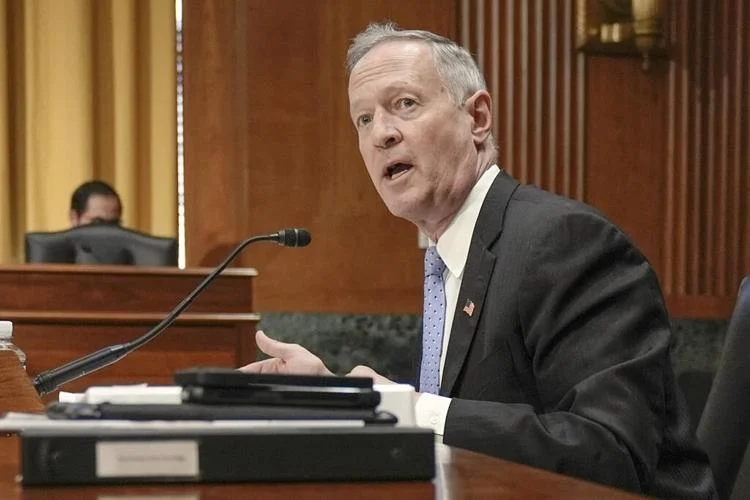
Source : The Canadian Press
The anticipated depletion dates for Medicare and Social Security have been postponed, as revealed in the latest annual report from the Social Security and Medicare trustees. This shift is attributed to an improving economy, which has led to changes in projected exhaustion dates.
Medicare's trust fund for hospital insurance now predicts solvency until 2036, extending by five years compared to previous estimates. Factors contributing to this extension include increased payroll tax revenue and lower-than-expected expenses from the previous year. Medicare, a federal health insurance program, caters to individuals aged 65 and older, as well as those with severe disabilities or illnesses. Last year, it covered over 66 million individuals, primarily seniors.
However, once the fund's reserves are depleted, Medicare would only cover 89% of costs for services such as hospital visits, hospice care, nursing home stays, or home health care following hospital visits.
On the other hand, Social Security's trust funds, supporting old age and disability recipients, are now projected to run short in 2035 instead of the previously estimated 2034. This would result in the program only being able to pay 83% of benefits.
Social Security Administration Commissioner Martin O'Malley described the report as containing some positive news but stressed the need for congressional action to prevent a potential 17% reduction in Social Security benefits.
Approximately 71 million people, including retirees, disabled individuals, and children, receive Social Security benefits. President Joe Biden responded to the report by affirming his commitment to strengthen both Social Security and Medicare during his presidency. He emphasized the importance of high-income taxpayers contributing their fair share to support these programs.
Concerns about the financial sustainability of Social Security and Medicare have been longstanding. Lawmakers have been criticized for delaying necessary reforms, with the last significant reform to Social Security occurring roughly four decades ago.
The report also highlights the role of an aging population as a significant driver of rising debt in relation to GDP. It projects increased income for Medicare due to higher numbers of covered workers and average wages. Additionally, expenses are expected to decrease, partly due to a change in how Medicare Advantage rates are calculated and lower-than-anticipated spending for certain medical services.
Public opinion polls indicate strong opposition to proposals that would reduce Medicare or Social Security benefits, with majority support for raising taxes on high earners to sustain these programs.
The future of Social Security and Medicare has become a prominent topic in political discourse, particularly amid election campaigns. President Biden has vowed to resist Republican-led efforts to cut benefits, proposing tax increases on high earners to bolster Medicare funding. In contrast, former President Trump has expressed openness to entitlement cuts.
Advocacy groups like Social Security Works and AARP emphasize the urgency of congressional action to secure the future of these vital programs. Michael A. Peterson of the Peter G. Peterson Foundation underscores the importance of prompt reforms, warning of the increasing challenges if action is delayed further.















